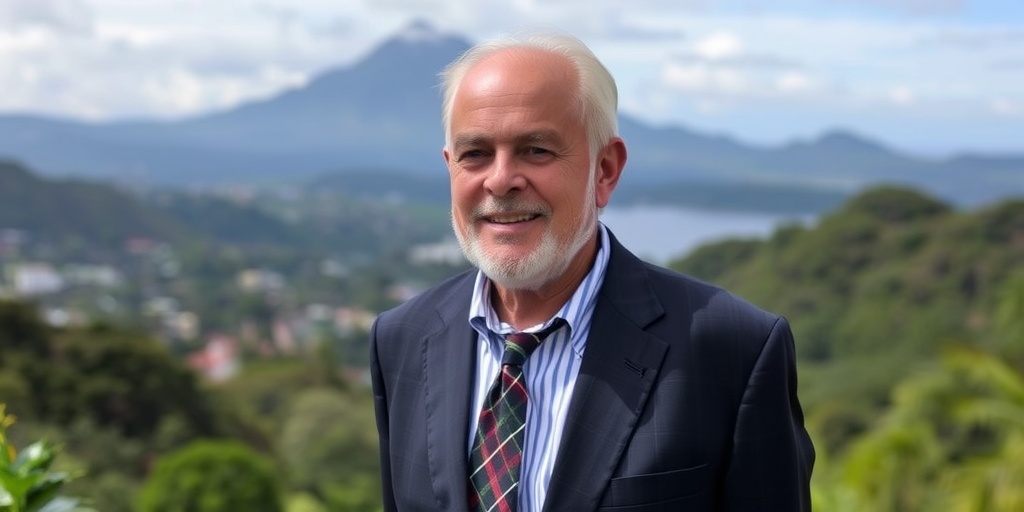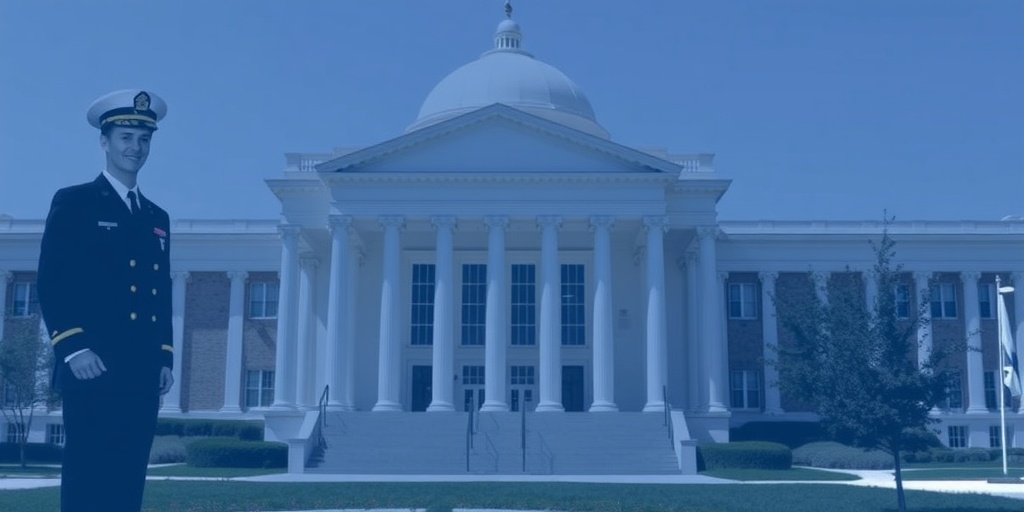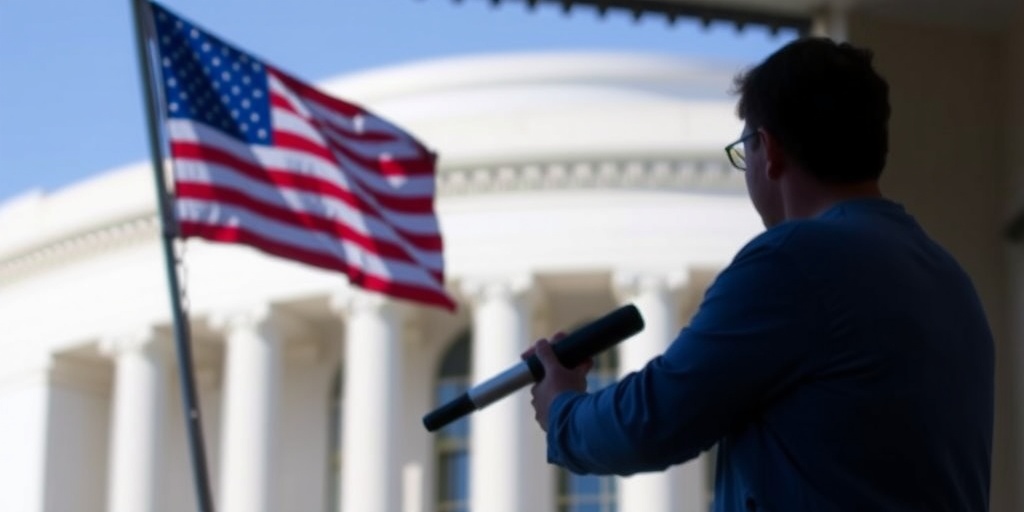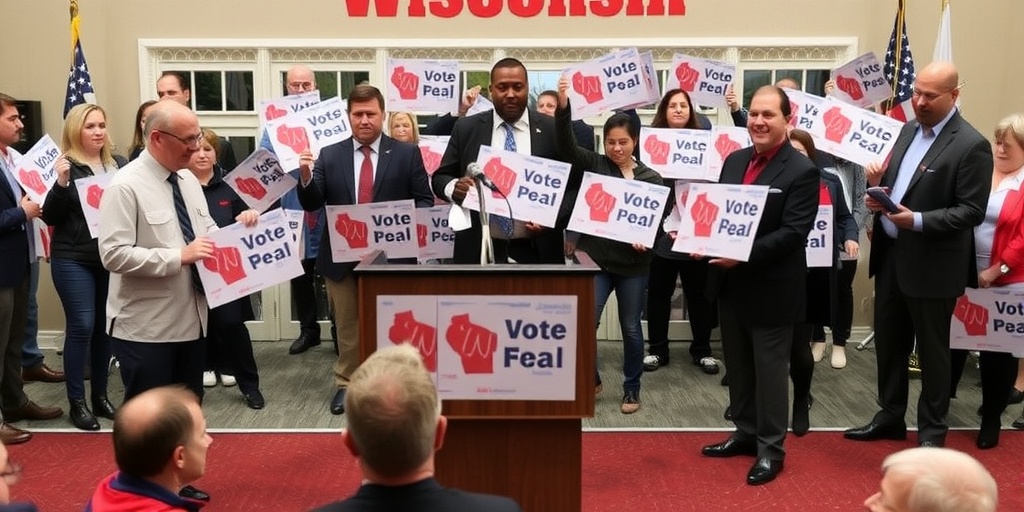Now Reading: Nobel Laureate and Former Costa Rica Leader Claims U.S. Revoked His Visa
-
01
Nobel Laureate and Former Costa Rica Leader Claims U.S. Revoked His Visa
Nobel Laureate and Former Costa Rica Leader Claims U.S. Revoked His Visa

Title: Oscar Arias Sánchez’s Visa Revoked by U.S. Government Amid Political Tensions
In a surprising turn of events, Óscar Arias Sánchez, the renowned Nobel Peace Prize laureate and former president of Costa Rica, announced on Tuesday that the United States had revoked his visa. The decision came without any formal explanation, raising questions regarding the motivations behind the action. Arias, a vocal critic of former President Donald Trump, now finds himself among a notable series of individuals whose ability to enter the U.S. has been compromised by the administration’s stringent visa policies aimed at those deemed to harbor “hostile attitudes” toward the United States.
Arias, who was awarded the Nobel Peace Prize in 1987 for his pivotal role in brokering a plan to end civil wars in Central America, revealed that he received an email from the U.S. government notifying him of the visa revocation. During a press conference in San José, the capital of Costa Rica, he shared that the notification referenced Section 221(i) of the Immigration and Nationality Act. This provision grants the Secretary of State and consular officials the authority to revoke visas at their discretion, a move which many view as an alarming exercise of power.
Despite his status as a prominent global figure dedicated to peace, Arias’s visa revocation underscores the broader implications of changing U.S. immigration policies under the Trump administration. Critics argue that these policies disproportionately affect foreign residents and public figures who express dissent against U.S. foreign policy or government actions. Arias openly questioned the reasoning behind the revocation, stating, “I don’t know why they have revoked my visa. I don’t know if the revoking of my visa is some sort of punishment for expressing my views.”
The former president has been increasingly critical of the Trump administration through various channels, including social media. In a notable post made earlier in February, he equated Trump’s leadership style to that of “a Roman emperor,” suggesting a troubling shift in global relations where one country attempts to dictate to the rest of the world.
During the press conference, Arias made it clear that attempts to silence him would be futile, asserting that his commitment to speaking his mind remains unwavering. He indicated that he has no immediate plans to travel to the United States, though he refrained from providing specifics regarding his visa status or expiration details.
Arias served two non-consecutive terms as president of Costa Rica—from 1986 to 1990 and again from 2006 to 2010. He is regarded as one of the country’s senior statesmen and operates a foundation that champions peace and democracy. His contributions to diplomacy have resonated throughout Central America and beyond, lending significant weight to his current predicament.
The revocation of Arias’s visa is not an isolated incident. Under the Trump administration, there has been a marked increase in the deportation of foreign residents and students participating in protests against U.S. policies, particularly in relation to ongoing conflicts in regions such as Gaza. Secretary of State Marco Rubio has intensified scrutiny over the social media activities of visa applicants, indicating that those who exhibit behaviors viewed as exhibiting a “hostile attitude toward U.S. citizens or U.S. culture” could face visa denials.
Reports indicate that Rubio has signed more than 300 letters revoking various visas, enforcing the administration’s stance that dissenting opinions, particularly those critical of U.S. foreign policy, will not be tolerated. This pattern has sparked concern among human rights advocates who fear that such measures restrict free speech and deter open dialogue.
In a related incident, the French government reported that a scientist was barred from entry to the United States due to comments made regarding Trump’s policies on academic research. However, U.S. officials countered this claim, insisting the denial was linked to the scientist possessing “confidential” data from an American laboratory, rather than any expression of personal belief.
The ramifications of Arias’s case extend beyond his personal circumstances, pointing to a potentially chilling effect on international dialogue and the treatment of dissent by the U.S. government. As global tensions remain high, the outcomes of these visa revocations and related policies invite concern regarding the future of collaboration and criticism in diplomatic relations.
As of now, both the U.S. State Department and the Costa Rican government have remained silent on the specifics of Arias’s visa revocation, leaving many to speculate about the underlying reasons. As reactions continue to unfold, the political landscape in the context of U.S.-Latin American relations remains as critical as ever, with implications that stretch far beyond borders.
Stay Informed With the Latest & Most Important News
Previous Post
Next Post
-
 01New technology breakthrough has everyone talking right now
01New technology breakthrough has everyone talking right now -
 02Unbelievable life hack everyone needs to try today
02Unbelievable life hack everyone needs to try today -
 03Fascinating discovery found buried deep beneath the ocean
03Fascinating discovery found buried deep beneath the ocean -
 04Man invents genius device that solves everyday problems
04Man invents genius device that solves everyday problems -
 05Shocking discovery that changes what we know forever
05Shocking discovery that changes what we know forever -
 06Internet goes wild over celebrity’s unexpected fashion choice
06Internet goes wild over celebrity’s unexpected fashion choice -
 07Rare animal sighting stuns scientists and wildlife lovers
07Rare animal sighting stuns scientists and wildlife lovers





















